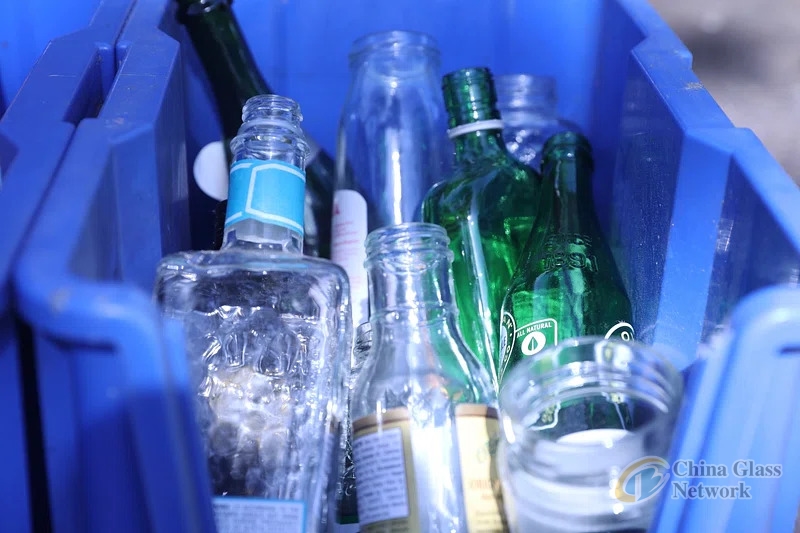Post Time:Nov 05,2024Classify:Industry NewsView:962
In Vietnam, the recycling rate of glass remains low, at only about 15%, while the recycling rate of other materials such as aluminum cans and plastic bottles is higher, at 70% and 32-45% respectively. This situation poses great challenges but also opens up opportunities for businesses, Goverment and community collaboration to promote innovative recycling initiatives.
In the 2024 Sustainability Report recently released by the Asia-Pacific International Wine and Spirits Alliance, Binh Duong (APISWA) has just been published, stating that in the context of globalization and increasing sustainable development, glass recycling is emerging as an indispensable solution to protect the environment and promote a circular economy.

According to Davide Besana, Director of APISWA, member companies are now committed to reducing their environmental impact by promoting glass recycling and improving the supply chain. “The wine and spirits industry can take a leadership role by collaborating with stakeholders across the entire value chain. Our companies are looking for opportunities to expand recycling initiatives both at the point of sale and beyond,” Besana said.
According to APISWA, glass is 100% recyclable and can be recycled endlessly without losing quality, making it an ideal candidate for a circular economy. However, barriers to sorting, collection and recycling infrastructure remain a major challenge in Vietnam.
The APISWA report pointed out that to promote recycling, there needs to be extensive cooperation between stakeholders from waste collectors to manufacturers and consumers. The Environmental Economics Institute for Southeast Asia (EEPSEA) also conducted a study on the development path of glass waste to identify appropriate measures to increase recycling rates.

Vietnam has pioneered in Southeast Asia by implementing the “Extended Producer Responsibility (EPR)” program in 2020, requiring manufacturing companies to contribute to the recycling of product packaging. Mr. Ho Quoc Thong, lecturer and researcher at the Environmental Economics Institute for Southeast Asia (EEPSEA), affirmed: “A single policy is not enough to solve this complex problem, but a combination of legal and market tools, as well as cooperation with industry associations, is needed. education community on glass recycling”.
Currently, Vietnam produces about 220.000 tons of glass per year, showing great potential for developing a recycling infrastructure. Mr. Bayard Sinnema, Asia Commercial Director of OI, a leading glass bottle manufacturer world, expressed optimism about building a sustainable recycling ecosystem. “We look forward to working with the government and businesses to raise awareness and develop recycling infrastructure,” said Mr. Sinnema.
Ms. Chu Thi Van Anh, Vice President of the Vietnam Beer - Alcohol - Beverage Association (VBA) also emphasized the important role of synchronous policies to motivate manufacturers and recyclers: "We support policies to protect the environment and recycle products to promote green economic development."
These initiatives not only protect the environment but also promote a circular economy, reducing dependence on raw materials and energy consumption. The EPR program and glass recycling projects not only create opportunities for the industry to develop sustainably but also contribute to the common goals of Vietnam and ASEAN on environmental protection and green economic development.
Source: https://www.vietnam.vn/Author: shangyi